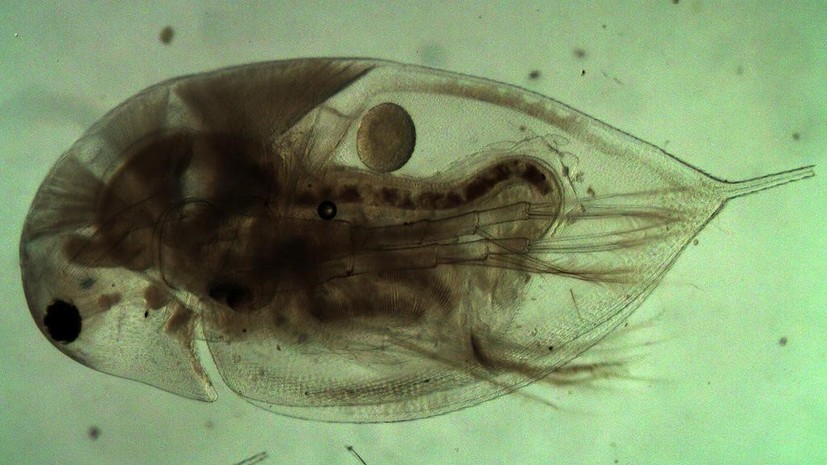Russian scientists from the Institute of Ecology and Evolution of the Russian Academy of Sciences found that several species of microscopic crustaceans of the genus Daphnia are present only in the mountainous regions of southern Siberia. According to researchers, this fact is explained by the fact that these creatures managed to survive the ice age. They could survive due to the special natural conditions of the region. It is reported by PLOS One magazine.
Daphnia, also known as water fleas, is an extensive group of planktonic branched crustaceans that are found in fresh water bodies: from large and deep lakes to swamps, ponds and puddles. These organisms are used by humans as food for fish, as well as to determine the toxicity of water. The geography of their distribution has been little studied to date, so the discovery of Russian scientists is of particular value.
To study, the researchers chose a group of species Daphnia longispina, since in the past, scientists have already made assumptions about their endemicity in southern Siberia. This, as well as the lack of information about the geography of distribution of crustaceans, prompted researchers to study their origin and habitat.
For 13 years, scientists using special nets collected plankton samples in the summer, after which the species of each of the captured animals was determined by external signs. To establish the degree of affinity of organisms and roughly estimate the time of their isolation as species, the researchers used the molecular clock method that is widely used in biology.
“Our study of several related species of the genus Daphnia led to an unexpected conclusion. It turned out that the mountainous and foothill areas of Southern Siberia - the Sayan Mountains and Altai - are the center of endemism for this group. This is due to the glacial history of the region, where in the Pleistocene time, dozens, and possibly hundreds of thousands of years ago, there was an important refugium, that is, a refuge, of freshwater fauna. In it, the species experienced unfavorable times of the ice age, ”said Alexei Kotov, a leading researcher at the Institute of Ecology and Evolution of the Russian Academy of Sciences.
Clarification of the habitats of endemic daphnia and other freshwater animals, scientists say, will allow more efficient planning of the creation of protected natural territories and reserves.

